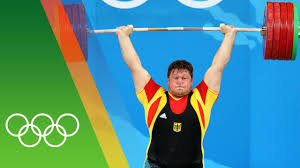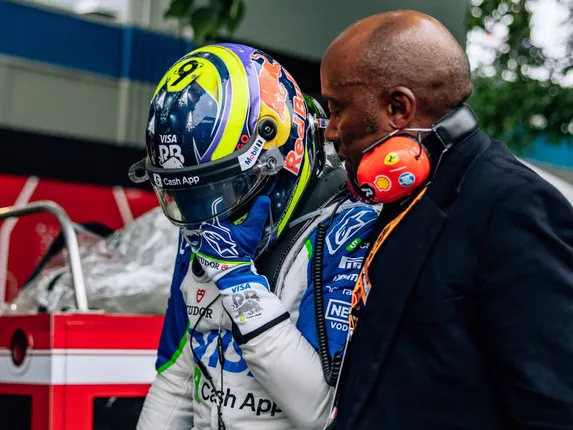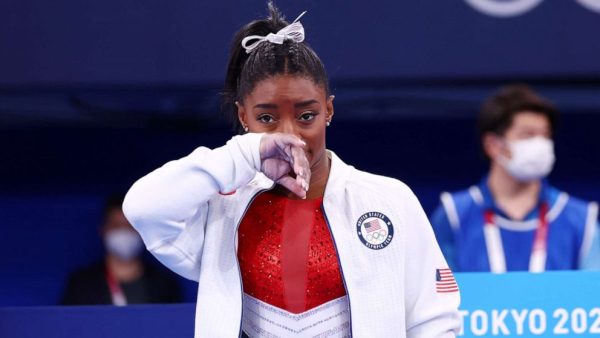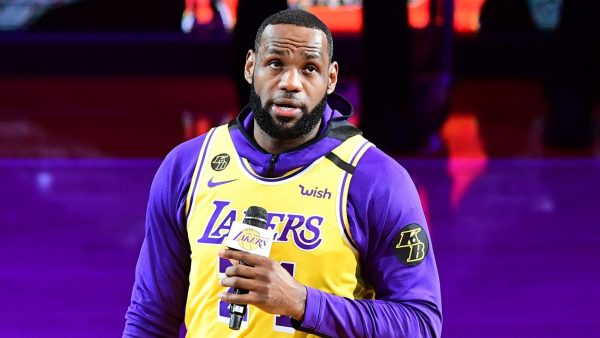Sports can offer physical activity for people from all walks of life. Endorphins are released during exercise, causing a person to feel happy. There is nothing more rewarding than seeing practice paid off with success, but when an athlete’s hard work is not accompanied with success, they are expected to keep a straight face, to avoid being seen as a “sore loser”. The taboo of emotion in sports can be attributed to toxic masculinity and over the years there has been little to no change in how athlete’s emotions are received by teammates and spectators alike.
Until recently, the patriarchy had a chokehold on society, culture, and the media. I believe we have come a long way and turned the tide to a better society overall. However, in some aspects we have fallen short, one of those being sports. In fact it wasn’t until 2012, with the introduction of Women’s Boxing, that women competed in the same sports as men at the Olympics. Both men and women are impacted by toxic masculinity, sometimes at a very young age.
CNN reporter, Elissa Strauss said, “Sports’ informal curriculum on masculinity is often a crash course in machismo. It teaches boys to suppress vulnerability, and harness aggression and dominance. Winning is everything. Don’t cry like a girl, don’t throw like a girl, and don’t run like a girl; do any of the above and you will, pejoratively, and maybe even violently, be called ‘gay.’ Also, don’t be gay.”
The word “machismo” is used to describe strong or aggressive masculine pride. Some emotions such as pride, excitement, and even anger are viewed as ok. Meanwhile, players are not allowed to express disappointment or failure without being seen as a sore loser or labeled weak. Even in female sports, athletes are expected to perform and display similar characteristics of said pride. Always having to prove themselves, female athletes find themselves adopting these characteristics to keep respect in a sports world dominated with toxic masculinity.
Only in rare circumstances are men’s emotions valued in sports, but most of the time, they are seen as embarrassing. It depends on whether or not the athlete has reached success or failure. For instance, Olympic weightlifter Matthias Steiner’s tears were praised because he dedicated his gold medal winning performance to his wife who passed away.

However, some athletes sadly don’t receive the same treatment. Rookie F1 driver Issac Hadjar crashed into the wall during the formation lap. He was not going fast enough to sustain injuries but the crash destroyed his once hopeful win of his first race. Distraught, he walks and ignores team crew members as they surround him, keeping his hand in the visor of his helmet wiping away tears. Suddenly, Anthony Hamilton (seven time world champion and Lewis Hamilton’s father) crosses Hadjar’s path and embraces the young driver, consoling him. His years of experience encouraging his son were now being used on a driver half his son’s age. His emotional wisdom helped Hadjar keep his chin up. His unconditional support was juxtaposed by Hadjar’s own team advisor who called his reaction “embarrassing.”

By allowing Hadjar to be vulnerable, Hamilton brought a new level of humanity into the pinnacle of motorsport. Still, both Steiner’s and Hadjar’s emotions were valid, but reception of either was dependent on their successes.

Female athletes have it worse. Simone Biles dropped out of the Tokyo Olympics to focus on her mental health. She suffered a case of “the twisties” where her mind and body were out of sync. By dropping out, she prevented herself from further injury. She was devastated that she had to drop, but luckily she made her triumphant return in the Paris Olympics. Even though she did the right thing, she still faced backlash from spectators and fans. Even though Bile’s is a world class athlete who just needed a mental health break, she was framed as “emotional” during one of the most difficult parts of her career. Her story is similar to many female athletes who fell under scrutiny for displaying any signs of emotion rather than putting up a tough, masculine front.

Negative views of emotions can cause many athletes to hide their authenticity when performing. Some athletes are able to use their status to break barriers and encourage emotional vulnerability. When Kobe Bryant tragically died in a helicopter accident in 2020, LeBron James gave a heartfelt speech before a game in remembrance of him. James mourned his brotherly bond with Kobe, showing the bright side of sports and how it fosters healthy relationships between players. Fans everywhere mourned with James as he reiterated the fact that major league athletes are capable of forming meaningful connections. There are many more cases of athletes showing emotion off the field, and each time it happens, it is a reminder to fans that they are human.
Outdated beliefs are being challenged everyday with the help of both professional athletes and everyday fans. Men and Women athletes should feel free to express themselves on and off the field without facing scrutiny. It is not until vulnerability is accepted in sports that they will truly reflect the human experience.














